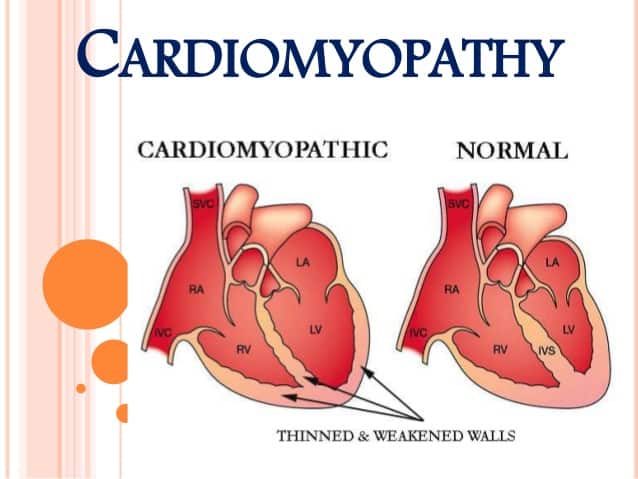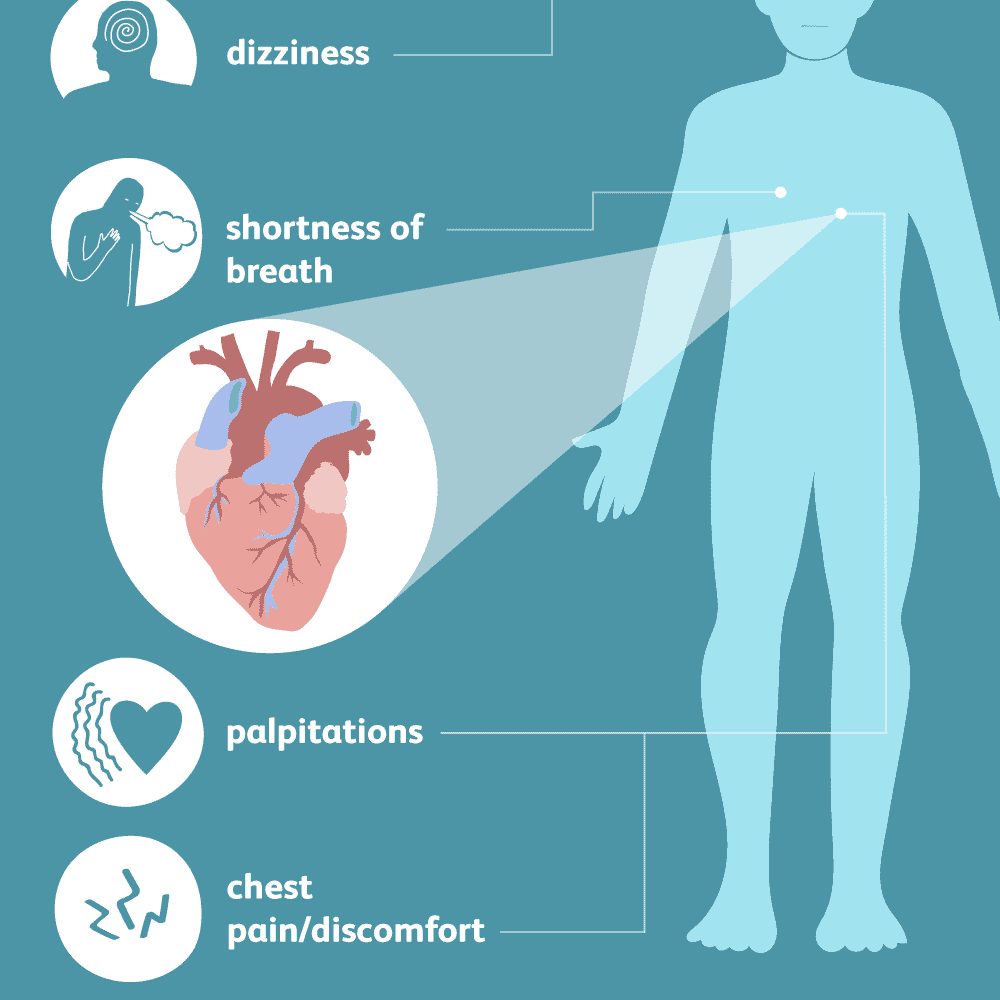Imagine hearing the worst news ever. It sinks in, grips your chest, and suddenly there is pain beyond words. Sudden onset of chest pain and heart disease can come on without any preliminary signs when under high stress situations. This heart condition due to stress is aptly called stress cardiomyopathy. Typically seen when a person is hospitalized after hearing of a spouse’s death, it has been named the broken heart syndrome.
Stress Cardiomyopathy

In very technical terms, stress cardiomyopathy or what is called broken heart syndrome, is a sudden onset in the weakening of the muscle in the heart walls (the myocardium). This sudden onset is seemingly brought on by emotional things such as shock and stress, or by physical means such as a stroke or asthma flare. A person can have no heart risk factors and still present at the hospital or clinic with this condition. Those that feel faint or have heart beat abnormalities when under high stress should be evaluated.
Stress Cardiomyopathy Signs

Signs of stress cardiomyopathy will not begin to show until just a few hours or even minutes after exposure to the emotional or physical stress trigger. The signs include basic heart condition traits such as low blood pressure, chest pain, and difficulty breathing. It can threaten quality of life and the patient’s health in the cases of those that end up with congestive heart failure and abnormalities of the heart’s rhythm. The signs and symptoms are able to improve vastly and quickly when the stress object has been dealt with. Even those individuals under a severe case of broken heart syndrome can rapidly improve.
Broken Heart Syndrome is not a Heart Attack
While the symptoms and the sensations can mimic a heart attack, and there is the weakening of the heart’s muscle, it is not considered a heart attack. Most heart attacks are the result of blockages. This does not occur in stress cardiomyopathy. Also while heart attacks kill cells in the heart, stress cardiomyopathy merely “stuns” them with excess adrenaline that is pumped throughout the body.
Stress cardiomyopathy is currently not considered to be the case for those that are under constant stress, rather it is brought on sudden and acutely through a “burst” of bodily or emotional stress. There are various heart tests that can performed that can tell an individual whether he has heart disease, risk factors for heart disease, or a weakening heart muscle.


















